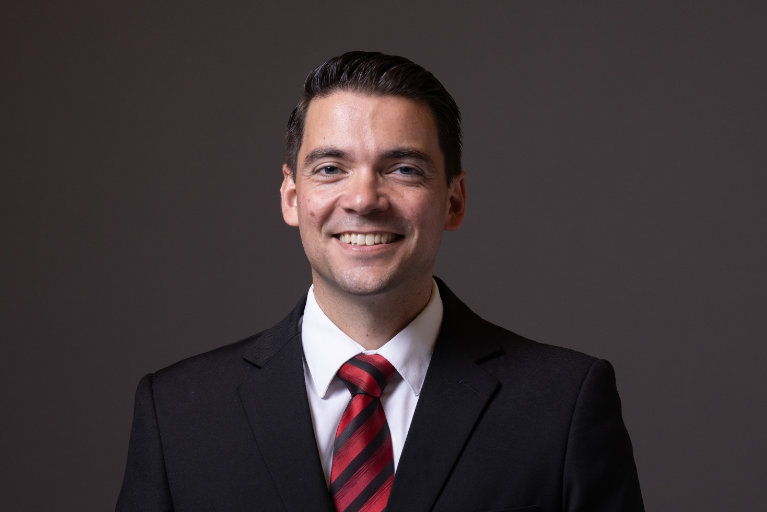Clinical Associate Professor of Management
Negotiations are a collaborative effort, rather than a competitive one, according to David Hunsaker. Whereas most people think of it as a winner-takes-all experience, he says very few negotiations are win-lose. An expert in organizational behavior and negotiation, Hunsaker studies why people negotiate and what prevents them from engaging in negotiations.
“What fascinates me about negotiation is the idea that people who have seemingly opposing views ultimately need each other in order to accomplish their goals,” Hunsaker said. “It’s a collaborative effort that requires excellent communication, listening, and patience to make good deals. Rather than destroying your relationship in the process, you can build a stronger one.”
In the Physician MBA Program, Hunsaker teaches the Conflict Resolution & Negotiation course. In part, this course helps doctors navigate how to approach negotiating with insurance companies, health systems, and staff. When clinicians have the tools to recognize the various interests of different parties at the table and how they overlap, physician leaders can make the best deal possible.
Hunsaker says this is especially important for physicians who feel powerless in negotiating healthcare policies and guidelines for their patients.
“Negotiating also teaches you how to assess where your power comes from and how powerful you are in a given situation, so you can negotiate the best deal possible,” he said. “It’s difficult to make a good deal if you don’t understand the power dynamics going in. Physicians will come away from this course knowing how to analyze the power structure in any situation and how to use it to achieve their goals.”
Hunsaker’s course also covers conflict management: how to approach conflict and which strategies are best suited for any given situation. While physicians are undoubtedly skilled at and accustomed to delivering difficult information and managing conflict, Hunsaker’s goal is to help them develop their abilities to build relationships in the process.
“We want to be able to manage conflict in a healthy way that keeps healthcare staff and administrators working together smoothly and builds trust and relationship between all the parties,” he said.
Hunsaker’s teaching style is founded in hands-on learning. By taking turns to role-play various scenarios in class, physicians can internalize the most effective conflict management approaches to better prepare for real-life scenarios. These are useful tools for physicians to have as they advance further into administrative and leadership roles.
“The physician is typically the one with the answers: They walk in, asses the problem, and deliver the solution. It’s what they’re good at,” Hunsaker said. “But that approach doesn’t work in administration, where you have to recognize that the answers don’t lie with you; they’re with the group. It takes a totally different style of collaboration to create a functioning administrative team. These skills will help you work better with people at all levels, so your whole organization can deliver better healthcare.”


